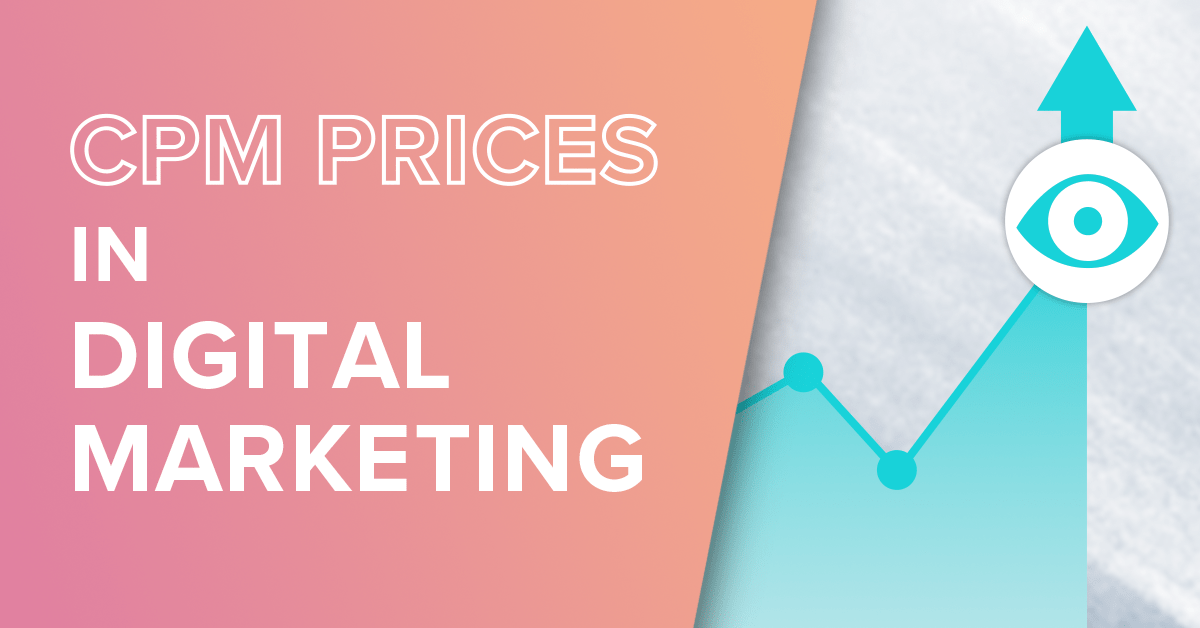4 Ways You Can Prepare for Google’s 2024 cookie deprecation
januari 25, 2024

No year is the same in the world of digital advertising. And 2024 is no different.
One of the most significant changes on the horizon is Google’s plan to deprecate third-party cookies. This shift is set to reshape how marketers target and measure their campaigns.
In this blog post, we’ll explore four key strategies that marketers can adopt to prepare for the impending cookie deprecation and ensure continued success in the digital realm.
1. Create a First-Party and Second-Party Data Plan
With third-party cookies becoming obsolete, the focus will inevitably shift toward how you can use your first-party data.
By leveraging your customer data, you can find interests, content segments, and behaviors to use as a foundation for targeting.
While this information is valuable, it’s not enough to understand the complete customer journey and support the development of specific user profiles, let alone customized content.
To really understand to whom you are talking to, you need information about a user’s intentions, preferences, and lifestyle.
Once you know who your audience is, you’ll be able to apply contextual targeting to make sure you’re reaching them.
Sharpen Your Attribution Model

In a post-cookie world, the traditional attribution models will not be as effective.
Start exploring attribution models that consider a broader range of touchpoints along the customer journey.
Multi-touch attribution, algorithmic attribution, and data-driven models can provide a more accurate representation of the customer’s interactions with your brand. This allows for better-informed decision-making and resource allocation in marketing campaigns.
Click here to read more about attribution!
Invest in Privacy-Compliant Targeting
Privacy is a top priority for consumers, and regulations like GDPR and CCPA reflect this growing concern. You as a marketer need to invest in privacy-compliant technologies and build momentum in channels that respect user preferences and adhere to data protection laws.
Using solutions like differential privacy, federated learning (such as Google’s FLoC), and on-device processing can help maintain user privacy while still allowing for meaningful data analysis.
Make sure to work with a partner who can support this (such as Match2One).
Explore and Test New Targeting Methods
As third-party cookies fade into obsolescence, marketers should proactively explore and test alternative targeting methods to reach their audiences effectively. Contextual targeting and website whitelisting are two promising strategies that can play a pivotal role in a post-cookie era.
Contextual Targeting
Contextual targeting involves displaying ads based on the content of the webpage rather than relying on user-specific data. By understanding the context of the content being consumed, marketers can make more relevant ad placements.
Invest time and resources in identifying high-performing contextual categories that align with your brand and target audience. This approach not only respects user privacy but also ensures that ads are contextually relevant, increasing the likelihood of engagement.
Website Whitelisting
Website whitelisting involves creating a curated list of websites where ads will be displayed.
This method allows you to have greater control over ad placements, ensuring alignment with brand values and relevance to the target audience.
By selecting websites that attract the desired demographic, you can maintain precision in your advertising targeting. Work with trusted platforms that build partnerships to create a tailored whitelist that aligns with your brand strategy and goals (such as Match2One).
Testing new targeting methods is essential for understanding their efficacy in reaching and resonating with the intended audience. Diversify your A/B testing and assess the impact on engagement, conversion rates, and overall campaign success.
Flexibility and a willingness to experiment will be crucial preparations when navigating a cookie-less digital marketing landscape.
Conclusion
Google’s 2024 cookie deprecation marks a pivotal moment for digital marketers. Adapting to this change requires a proactive approach that centers on first-party data, attribution models, privacy-compliant technologies, and continuous testing.
By embracing data, A/B testing, and contextual strategies, marketers can not only weather the storm of cookie deprecation, but also set the stage for a more resilient and customer-centric approach to digital marketing in the future.
The key lies in agility, adaptability, and a commitment to ethical and privacy-conscious practices.


